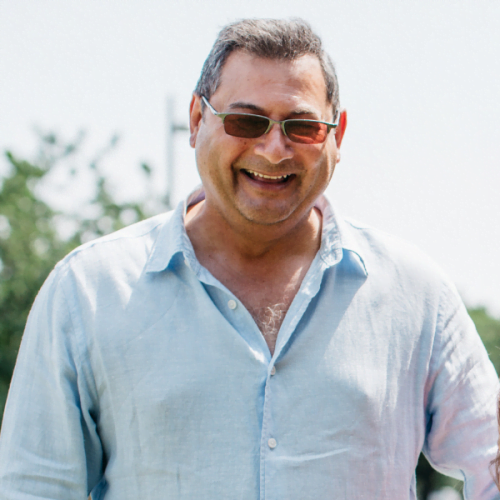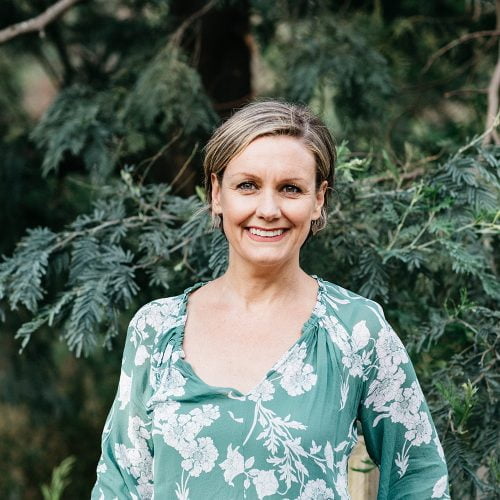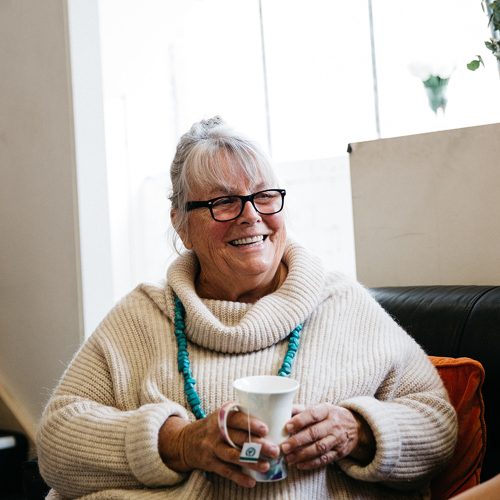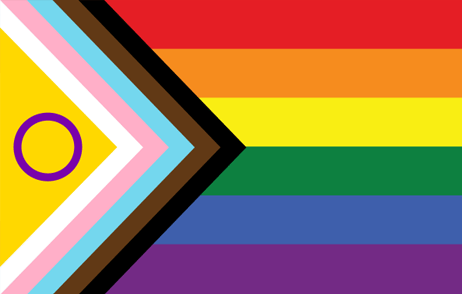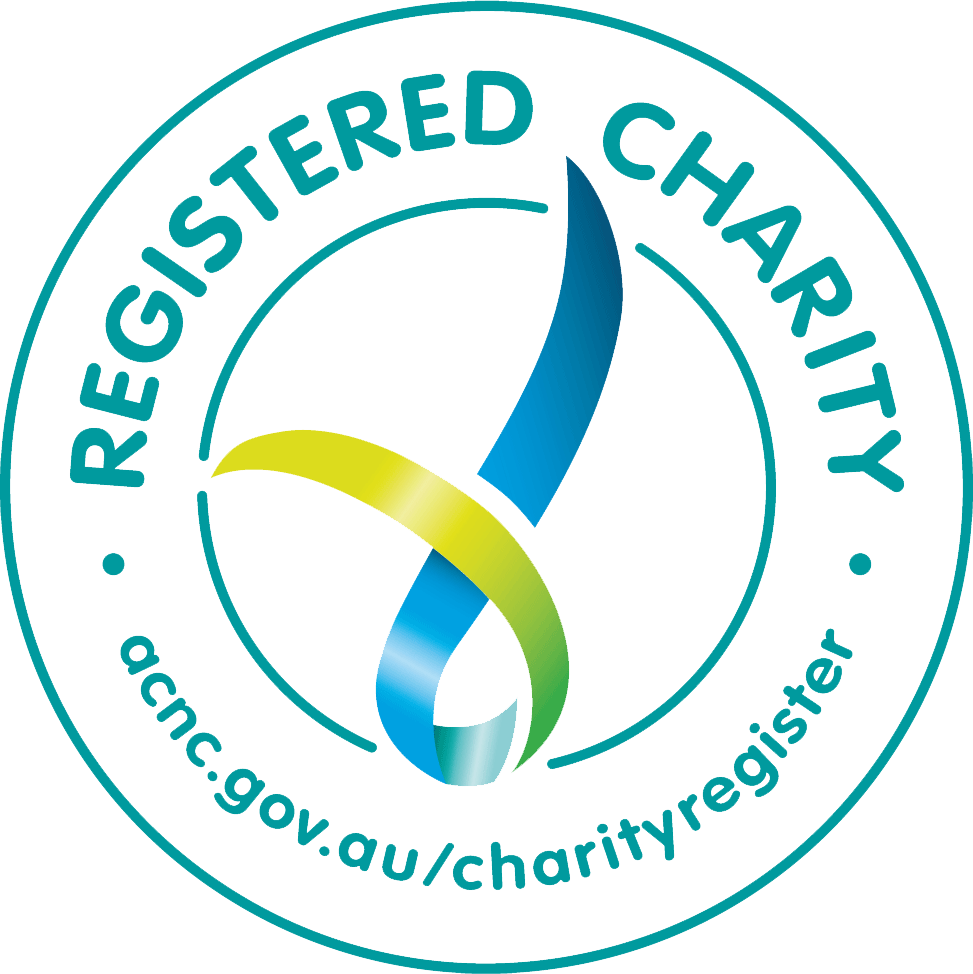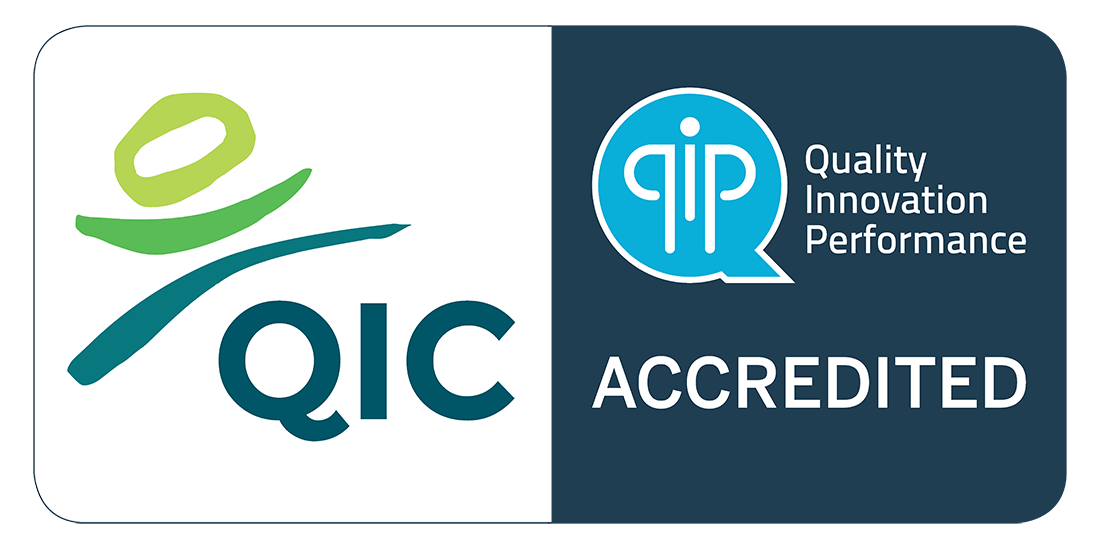“For me, fostering was never a question of if, but a question of when.”
It all began when I was given a foster care pamphlet 20 years ago and since then I’ve never looked back. I was a young mum of two, who were under the age of two, and I felt an overwhelming sense of gratitude – we had everything we could ever need. I wanted to give back on a personal level and provide a sense of giving that would be a guiding value to our family.
My biological children knew no different – they had foster siblings that would stay for varying lengths of time and they knew that how we helped each would need to be different. They learned compassion and patience and that love is simply love. Our family adopted a very special boy, Alex, at the age of two and he holds equal amounts of space in our hearts, as we hold for each other.
Reflecting back on some of the foster placements we took on at places other than Lighthouse, we weren’t provided with much detail prior and there was an absence of trauma-informed training and ongoing psychological support. That is what sets Lighthouse apart.
Had we been better prepared to deal with each child’s individual needs and experiences and had foster family matches been considered with the same rigor as Lighthouse, I think we could have been more effective in helping to heal and grow these children like we did with Alex. Had our program offered the lifelong extended family network that Lighthouse does, we’d know that each foster child we cared for would always have someone walking alongside them, during both the highs and lows of their life.
I do believe that foster children in Lighthouse’s programs are far more likely to rebuild and maintain relationships with their birth families, which is the ultimate goal of fostering.
Lighthouse recognises those who so deeply want to care for these vulnerable children and young people in the way they deserve, and they build training and support around them so they can fulfil that goal.
No other fostering program leans in like Lighthouse does. I truly believe what they provide makes the most impactful difference for everyone involved – all members of foster families, birth families, the community and society more broadly.


